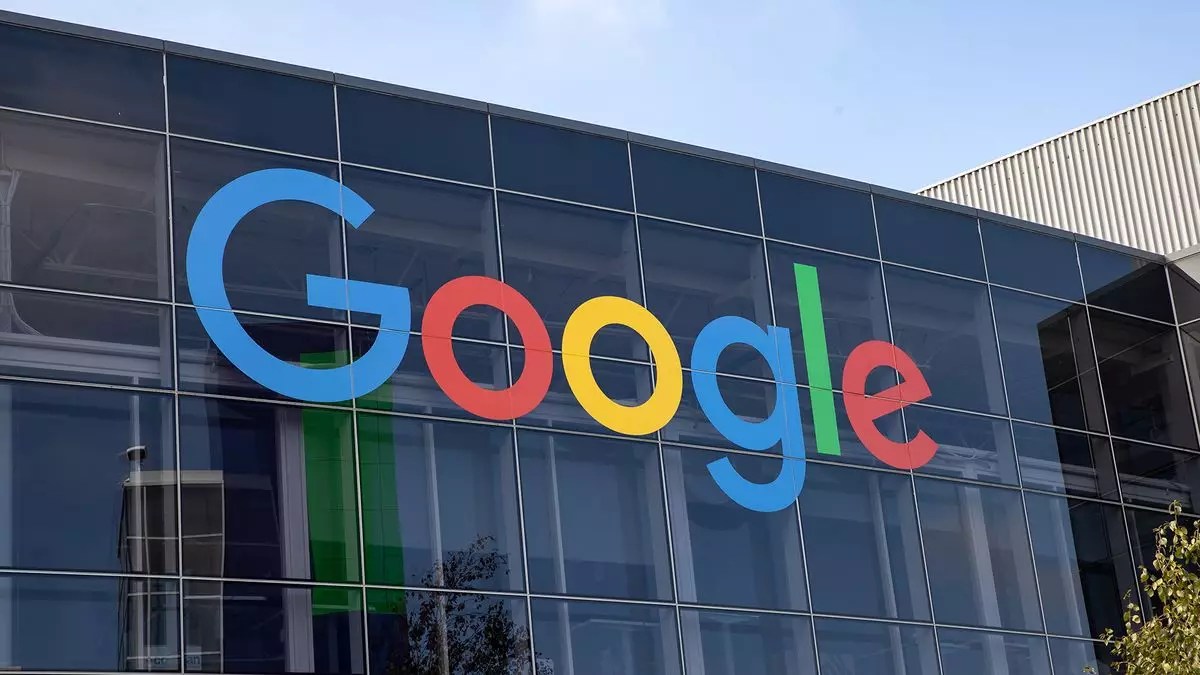The legal landscape for major technology companies has become increasingly complex, particularly as regulatory scrutiny intensifies globally. One particularly noteworthy case is Google’s recent victory in having a hefty antitrust fine overturned by a European court. This decision not only alleviates a financial burden for the tech giant but also sets a precedent that may shape how antitrust laws are interpreted concerning digital platforms.
The origins of the case trace back to 2019 when the European Commission (EC) imposed a significant fine of €1.49 billion on Google. The EC’s ruling was rooted in accusations that Google had abused its dominant position in the online search advertising market. According to the initial findings, Google established restrictive contracts with publishers, which made it nearly impossible for competing advertisers to showcase their offers on the most lucrative search result pages. These claims were supported by evidence that the company had instituted exclusive supply agreements that prioritized its own advertising over others.
At the time, the EC expressed concerns that Google’s practices stifled competition and innovation within the industry. They criticized Google’s so-called “relaxed exclusivity” strategy, which essentially reserved the prime advertising spots for itself. The implications of this ruling extended beyond the fine; it suggested a growing determination within the EU to regulate the digital marketplace more stringently, as the tech industry was increasingly viewed as monopolistic.
However, the recent ruling from Europe’s General Court has turned the tables for Google. While it acknowledged the concerns raised by the EC, the court found that the Commission had failed to provide sufficient evidence proving that Google’s actions had deterred innovation, maintained its powerful market presence unfairly, or harmed consumers directly. This lack of demonstrable harm significantly weakened the EC’s case and prompted the annulment of the fine.
This decision mirrors a broader trend questioning the enforcement of antitrust laws in technology sectors where traditional metrics of competition may not apply directly. The nuances of digital advertising mean that market dynamics are often more intricate than in conventional industries, leading to debates on whether existing antitrust frameworks are adequate to address these challenges.
While the overturning of this fine may seem like a win for Google, the reality is more layered. The tech giant is still grappling with a series of legal challenges and potential penalties that amount to billions of euros. Just days prior to the recent ruling, a different €2.4 billion fine was upheld against Google for similar reasons regarding anti-competitive practices. In the United States, the legal landscape is equally turbulent, with ongoing antitrust litigation against Google prompted by allegations of monopolistic behavior in digital advertising—a sector where Google holds substantial sway.
This juxtaposition of rulings highlights a significant tension between the regulatory environments in Europe and the United States. The EU has taken a proactive stance in combating perceived anticompetitive behaviors among tech giants, while US authorities have appeared slower to act, potentially due to political dynamics and the complexities of American corporate lobbying systems.
As we move further into 2024, the questions surrounding the role of antitrust laws in the tech sector will likely remain at the forefront of regulatory discussions. Google’s experience serves as a reminder of the balancing act required to foster competition while encouraging innovation. The dynamic nature of technology means that old rules may struggle to adapt to new realities, necessitating ongoing reviews of how regulatory frameworks can evolve to meet these challenges.
Ultimately, while Google may rejoice in its legal victory, it stands to reason that the broader implications of this case will resonate throughout the tech industry. The decisions made today will inform the landscape of digital advertising and platform dominance in the future, emphasizing the need for continuous evaluation of what constitutes fair competition in an ever-evolving market. As regulators and companies navigate these complexities, one thing is certain: the intersection of technology and law will remain a critical focus in the years to come.


Leave a Reply